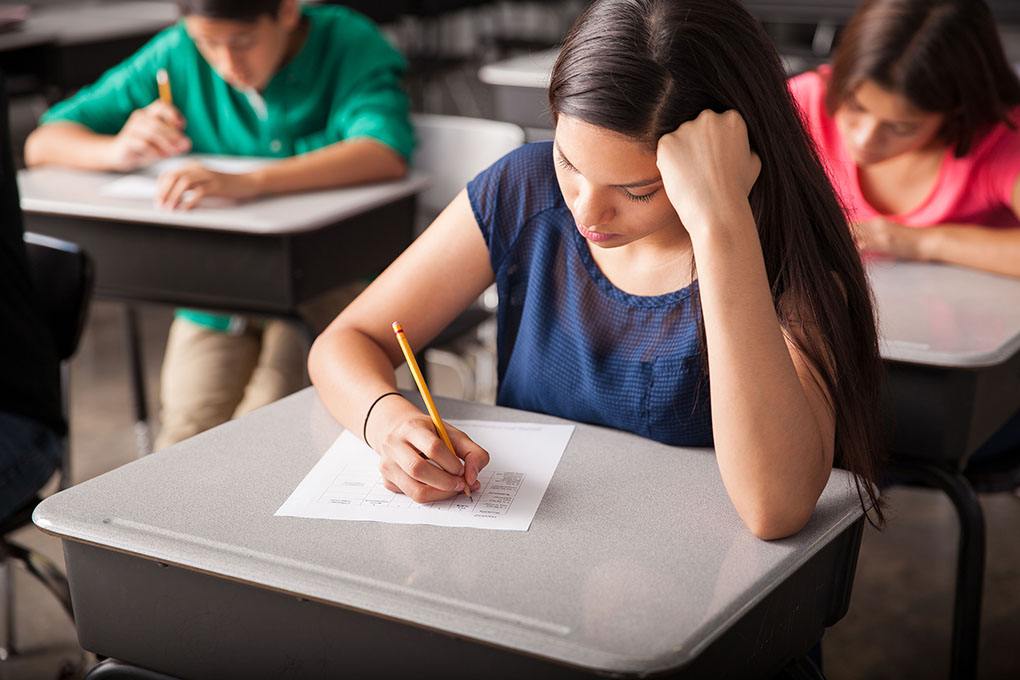National Education Scores Fall; Mississippi Improves in 4th-Grade Reading

Newly released benchmarks show that American educational achievement is falling.
According to long-term trend scores from the National Assessment of Educational Progress (NAEP) released last Wednesday, math and reading scores for American 13-year-olds plunged to historically low levels. Reading scores are now lower than at any point in the last 40 years, while math scores have fallen to levels not seen since the 1990’s.
Just a month ago, we learned that in 2022 eighth-grade civics scores dropped for the first time since the scores were first recorded in 1998, while eighth-grade U.S. history scores continued a downward trend that began in 2014.
These new scores are disappointing, though not altogether surprising, as students struggle to recover from learning losses incurred during the COVID-19 pandemic. Experts have long worried that the pandemic would significantly affect student learning as many students remained locked out of classrooms for months or years.
While COVID-19 shares some of the blame for the latest discouraging statistics, many scores were declining even before the pandemic. Since 2012, 13-year-old math scores have dropped 14 points (-5 points between 2012 and 2020) and reading scores have fallen by 7 points (-3 points between 2012 and 2020). Since 2014, eighth-grade civics and U.S. history scores are down 4 and 9 points, respectively (-1 and -4 points between 2014 and 2018).
Meanwhile in Mississippi…
State leaders are celebrating historic gains in fourth-grade reading on the latest “main” NAEP, known as the Nation’s Report Card. Scores from that test were released in October 2022 and differ from the NAEP long-term trend scores described above. (click here to learn about the differences between long-term trend NAEP assessments and main NAEP assessments).
Since scoring next-to-lowest of all states in 2013, only seven states in 2022 had a statistically significant higher average score than Mississippi in fourth-grade reading.
In an opinion piece published by the New York Times, Nicholas Kristof praised Mississippi’s progress in national assessment exams and graduation rates.
According to Kristof, Mississippi fourth graders living in poverty are tied for best performers in the nation in reading tests and are second in math.
Mississippi’s graduation rate has also improved. Since graduating just 75% of students in 2011, the state’s graduation rate jumped to 87% in 2020, which exceeds the national average.
The dedication of Mississippi leaders to improving educational outcomes is laudable, and many individuals deserve recognition for this accomplishment. Perhaps the most deserving of recognition are the students who put in the hard work that led to these improvements.
Mississippi should celebrate its rapid ascent from the bottom in fourth-grade reading and math scores. However, the state’s 8th graders rank near the bottom in both math and reading compared to other states, with scores significantly below the national average. In fact, only one state had a statistically significant lower score in reading than our eighth graders, and only four states were lower in math.
There’s still more work to be done. Benjamin Franklin aptly remarked, “Without continual growth and progress, such words as improvement, achievement, and success have no meaning.” Our exciting educational progress in 4th-grade reading should spark a desire to do even better and accomplish even more.
